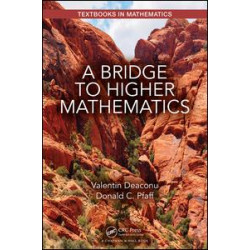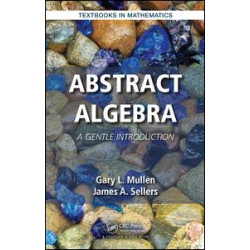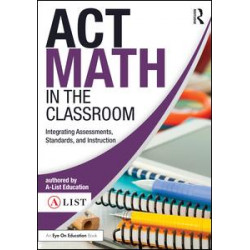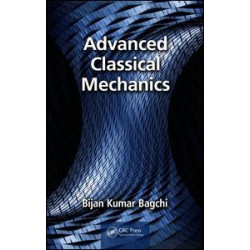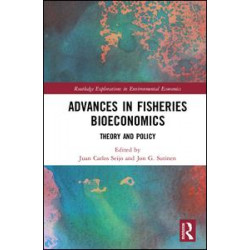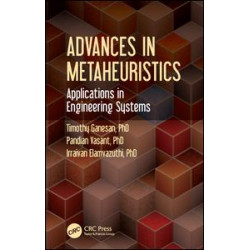
The establishment of a Palestinian state has long been a strategic objective of EU and Russian foreign policy in the Middle East. However, over a decade after the creation of the road-map, the establishment of an independent Palestinian state has still not been achieved.
Palestine in EU and Russian Foreign Policy uses the school of constructivism to provide a new understanding of EU and Russian foreign policy. It explores the failure of these global actors to speed up the process of establishing a Palestinian state, despite this being a strategic objective and top priority of their involvement in the Middle East peace process. The book then analyses the role of identity and self-other perception in the making of EU and Russian foreign policy towards the Middle East peace process. It is argued that Palestinian statehood provides a telling empirical example of how, and to what extent, the search for global actorness, as a matter of international identity, informs foreign policy-making by global actors. The book then proceeds to discuss why the EU and Russia are so eager to be involved in initiating a peace settlement.
Offering a new understanding of foreign policy-making by global players in Middle Eastern politics, this book will appeal to students, scholars and policymakers working in International Relations and European, Russian and Middle Eastern studies.






